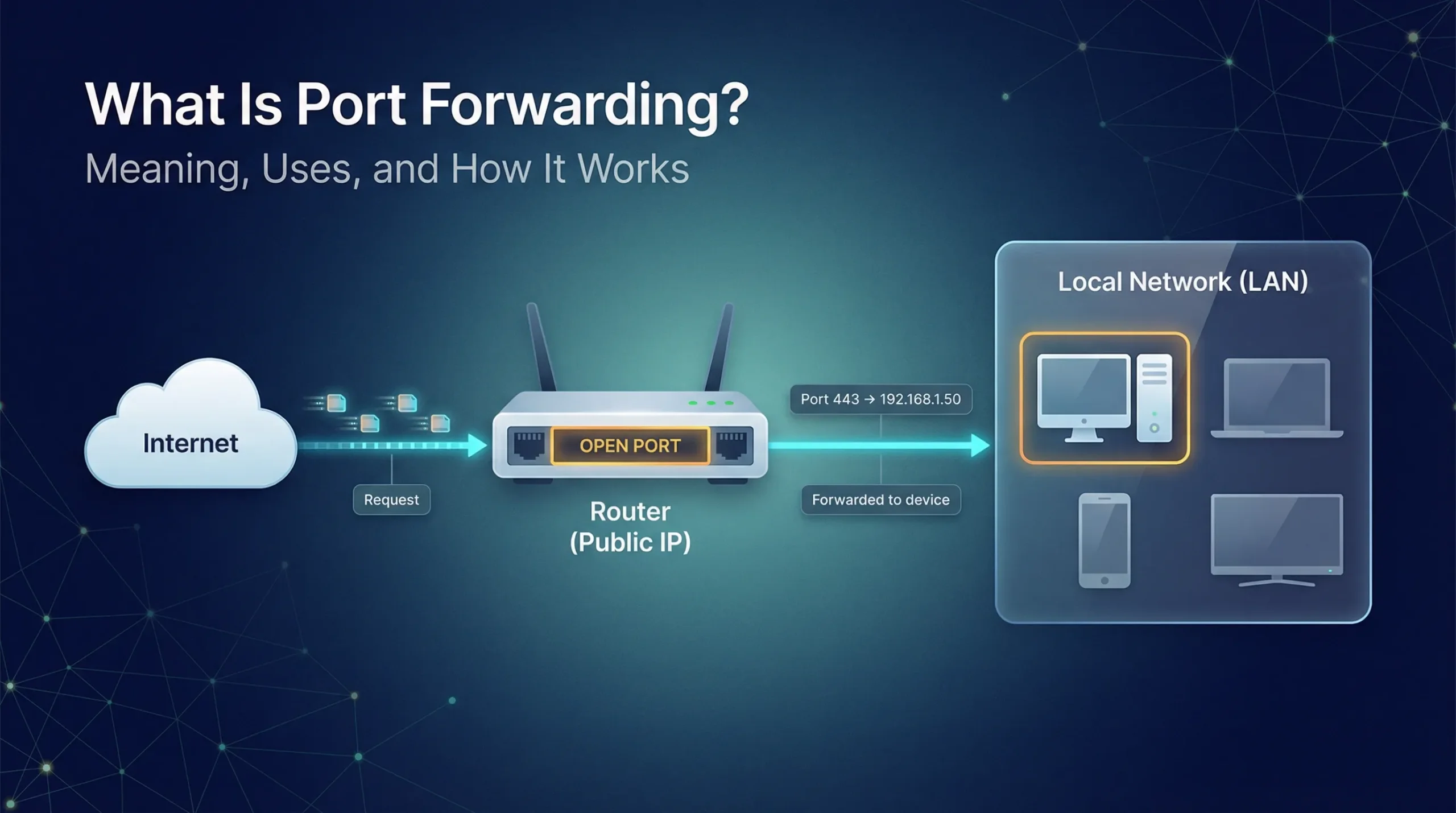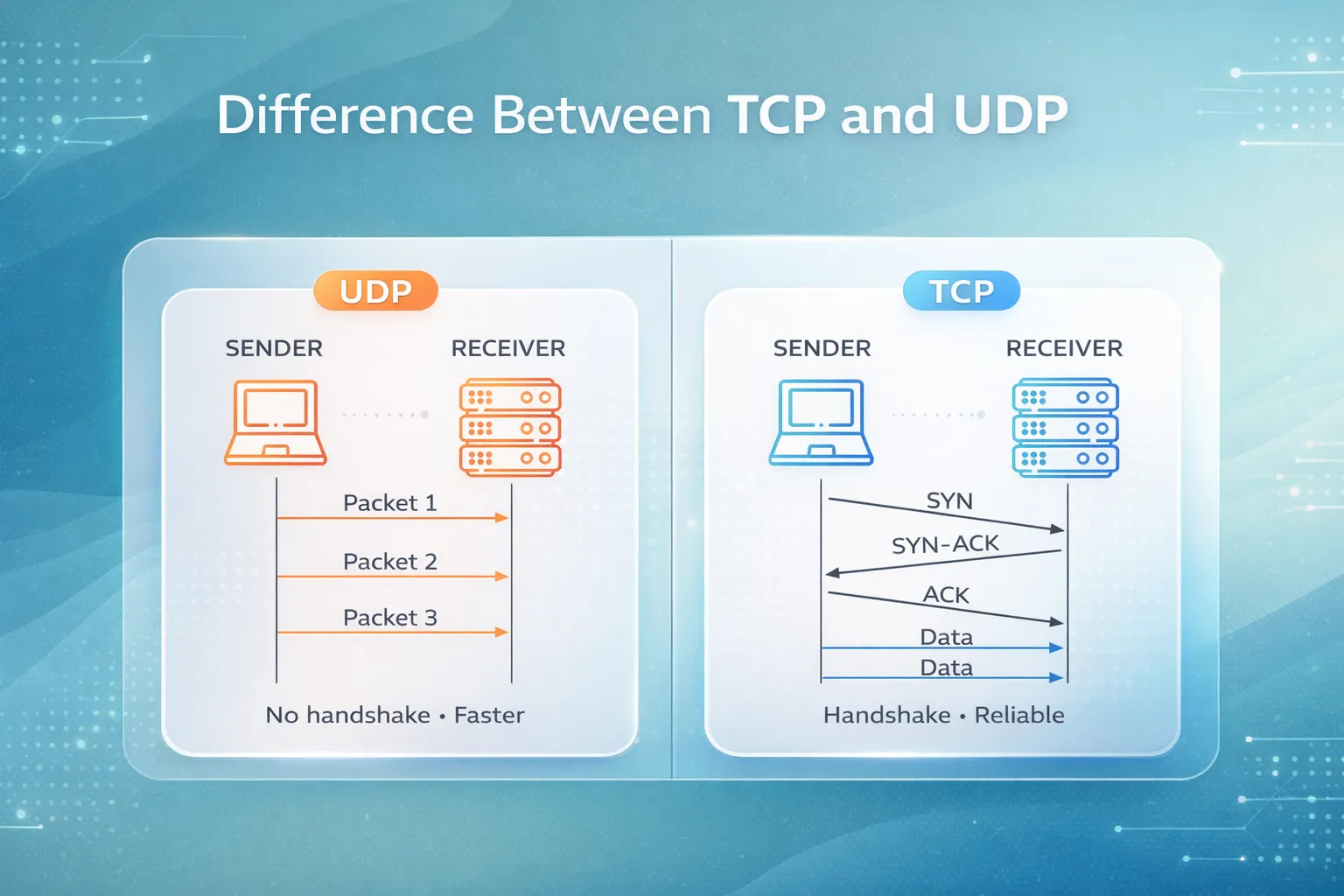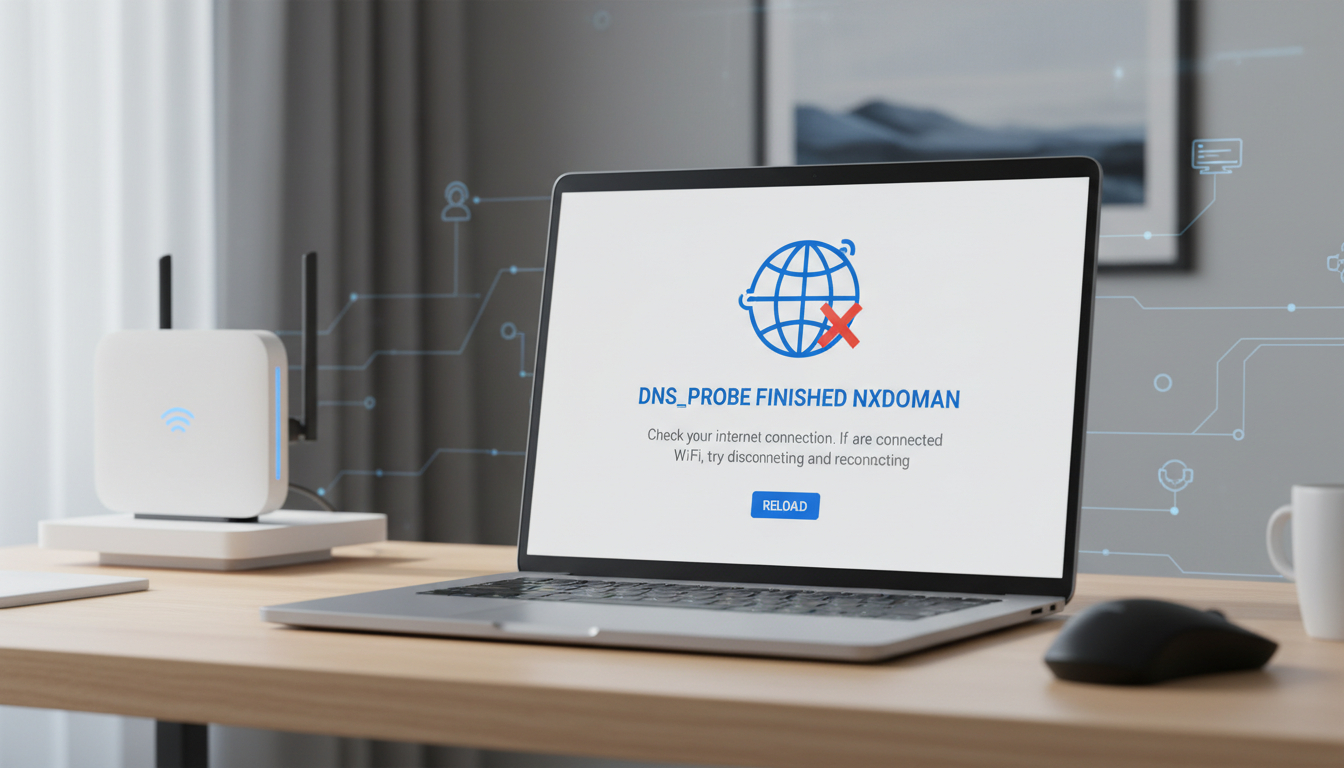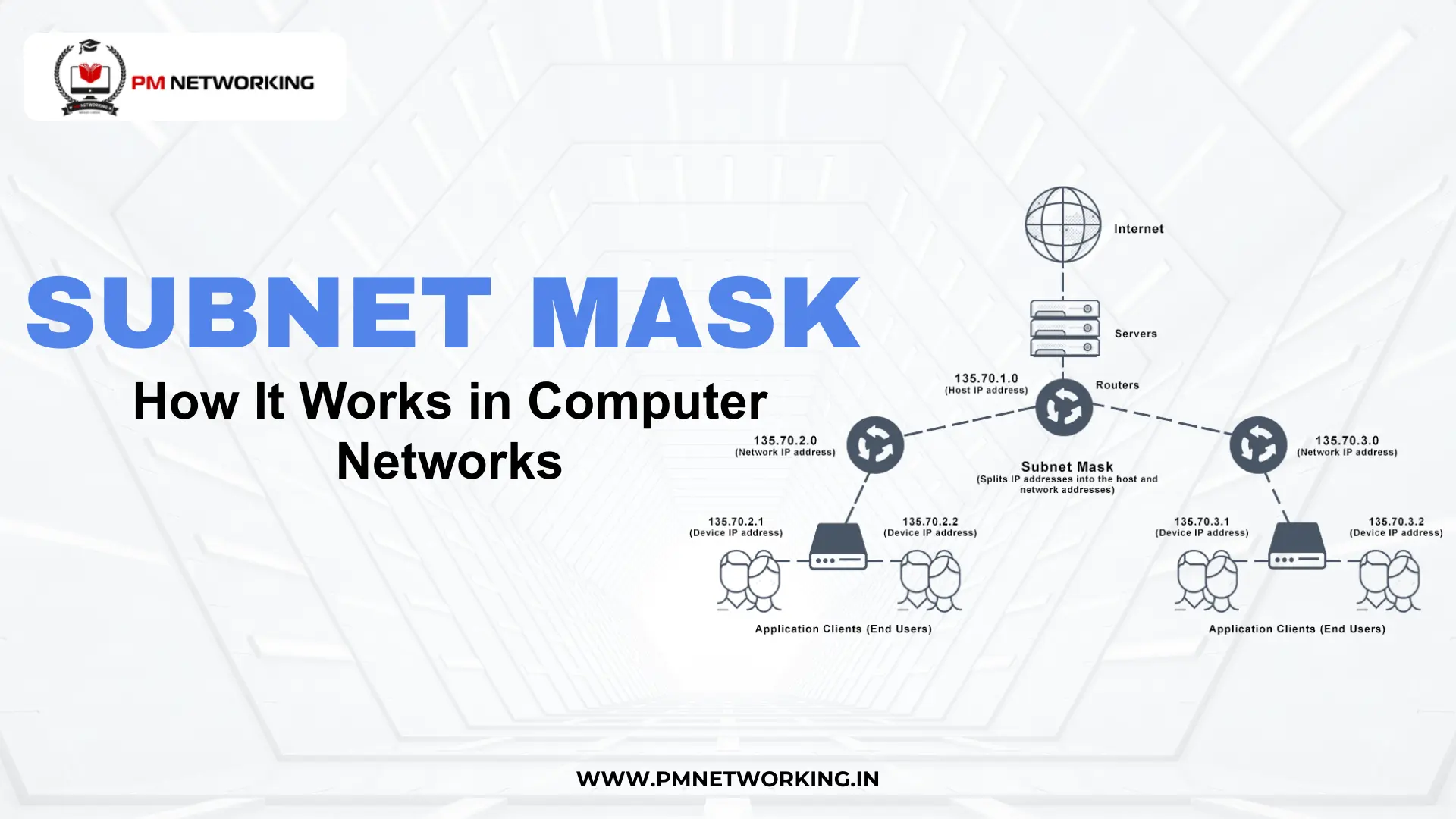
Although cybersecurity is a well-known topic today, do you realize why it is so important? In this modern world, data is everything. We must understand the increased risk of private information. Data breaches and identity theft cases are affecting millions of people. Cybersecurity affects businesses and individuals using desktops, laptops, and tablets. Keeping in mind the increased risk of cyber threats, we must learn about cyber security. In this article, we are going to discuss how to learn cybersecurity for beginners.
What Is Cybersecurity?
Any technique, precaution, or approach used to either stop or lessen the effects of cyberattacks is referred to as cybersecurity.
Cybersecurity works to defend against computer viruses, complex and expensive ransomware attacks, and other threats to people’s and organization’s systems, apps, computing devices, sensitive data, and financial assets.
In simple terms, the process of protecting networks, computers, servers, mobile devices, electronic systems, and data from unwanted access is known as cyber security. It is often referred to as electronic information security or information technology security. The word can be categorized into a few basic categories and is used in a range of contexts, including:
Network security
Network Security is the process of protecting a computer network from outside threats, such as malicious viruses or targeted attackers.
Application security
Application security aims to protect software and hardware from attacks. The data that an application is meant to safeguard may be accessible through a compromised application.
Information Security
The confidentiality and integrity of data are safeguarded during storage and transmission through information security.
Operational Security
Decisions and procedures for controlling and protecting digital assets are part of operational security. This includes the rights users have when they connect to a network as well as the policies that specify where and how data can be exchanged or stored.
Cybersecurity Specializations
If you want to pursue your career in Cybersecurity, it is important that you learn about the areas of specialization in Cybersecurity. Some of them are:
Access Control Systems and Methodology:
The goal of access control systems and procedures is to prevent unauthorized modification of vital system resources.
Network security and communications:
This area of study focuses on network services, protocols, and communications, as well as any possible weaknesses related to any of these.
Cryptography:
The goal of cryptography is to teach you when and how to use encryption.
Security for computer operations:
This includes everything that takes place when your machines are in use.
Physical security:
This mostly deals with issues related to who can physically access your workstations and servers.
Security management practices:
This field effectively addresses natural disasters, catastrophic system failures, and other sorts of service disruptions.
Security architecture and models:
These mostly concentrate on putting in place security rules and processes. Planning policies for nearly all security issues come under this specific security domain.
Ethics, law, and investigation:
This addresses the legal concerns related to computer security.
Application and system development security:
This specialist handles multilevel security implementation for internal applications and database security models.
Cyber Security Courses
Students enrolled in the Cyber Security course learn how to identify cyber threats, identify computer system vulnerabilities, and stop viruses from causing harm like data loss or financial loss. People who work in the cyber security industry are trained not only on how to defend against cyber threats but also on how to put security measures in place ahead of time and initiate a response. To start your career in Cyber Security, you can do B. Tech in Cyber Security, M.Tech in Cyber Security, also there are many diploma courses offered in Cyber Security.
Cyber Security Jobs
Professionals are becoming more and more necessary due to the rising rate of social media use and the rise in cybercrimes. Assistance from professionals is needed to prevent cybercrime. The candidates are employed as Security Software Developers, Crypt Analysts, Security analysts, Security architects, Security engineers, cryptographers, Security consultants, Information security leads, cyber security architects, cyber security engineers, and other roles.
Types of CyberSecurity
Many devices are protected from unintentional attacks using several forms of cybersecurity. Some of them are:
Application Security
Applications and related data cannot be used or accessed by unauthorized parties because of application security. Since most vulnerabilities are introduced during the development and publishing stages, application security includes a wide range of cybersecurity solutions to help identify errors during the design and development phases that could be used and warn teams so they can be repaired.
Cloud Security
Protecting cloud-based resources and services, such as infrastructure, data, and apps, is the main goal of cloud security. The majority of cloud security is handled jointly by cloud service providers and enterprises.
Data Security
Data security, a type of information security, protects the availability, confidentiality, and integrity of digital assets while they are being communicated or when they are being kept. To do this, it integrates a variety of cybersecurity solutions.
Internet of Things (IoT) Security
IoT security aims to reduce the risks that these increasingly common devices present to businesses. It divides them to reduce network exposure, uses various forms of cybersecurity to identify and categorize them, and works to reduce risks associated with unpatched firmware and other related vulnerabilities.
Operational Security
Operational security refers to a broad range of cybersecurity procedures and technologies that safeguard confidential information by establishing access controls while maintaining out for unusual activity that might indicate malicious activity.
Mobile Security
Cybersecurity techniques used to prevent unauthorized access to mobile devices—such as laptops, tablets, and phones—and prevent them from being used as entry points into and out of networks are together referred to as mobile security.
End Point Security
Hackers most frequently target desktop computers, laptops, mobile phones, servers, and other endpoints as their entry points. The data stored on these devices is protected by endpoint security. It also includes other forms of cybersecurity that are used to defend networks against endpoint-based attacks.
Conclusion
For beginners, learning cybersecurity involves understanding the basic concepts of networks, computer systems, and common risks. For a solid foundation, you can start gaining knowledge about cybersecurity. It is also important to stay updated about the newest security trends and technology while practicing on a regular basis. If you want to advance your career in cybersecurity, you can obtain degrees along with a diploma in cybersecurity. There are many career options for you such as Security Software Developers, Crypt Analysts, Security analysts, Security architects, Security engineers, cryptographers, Security consultants, Information security leads, and more. You can get a good understanding of cyber security and effectively defend against online attacks with commitment and continued education.







0 Comments